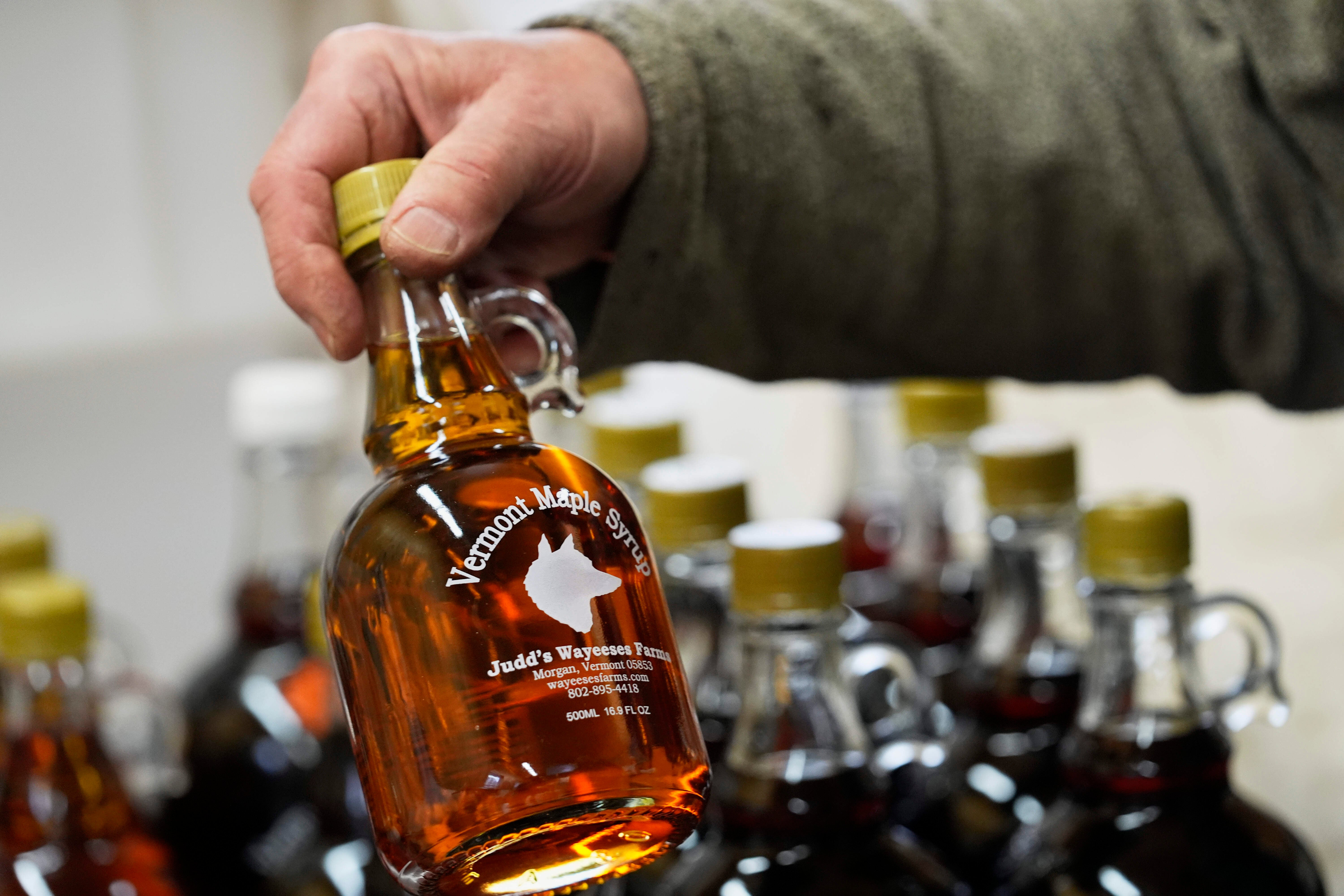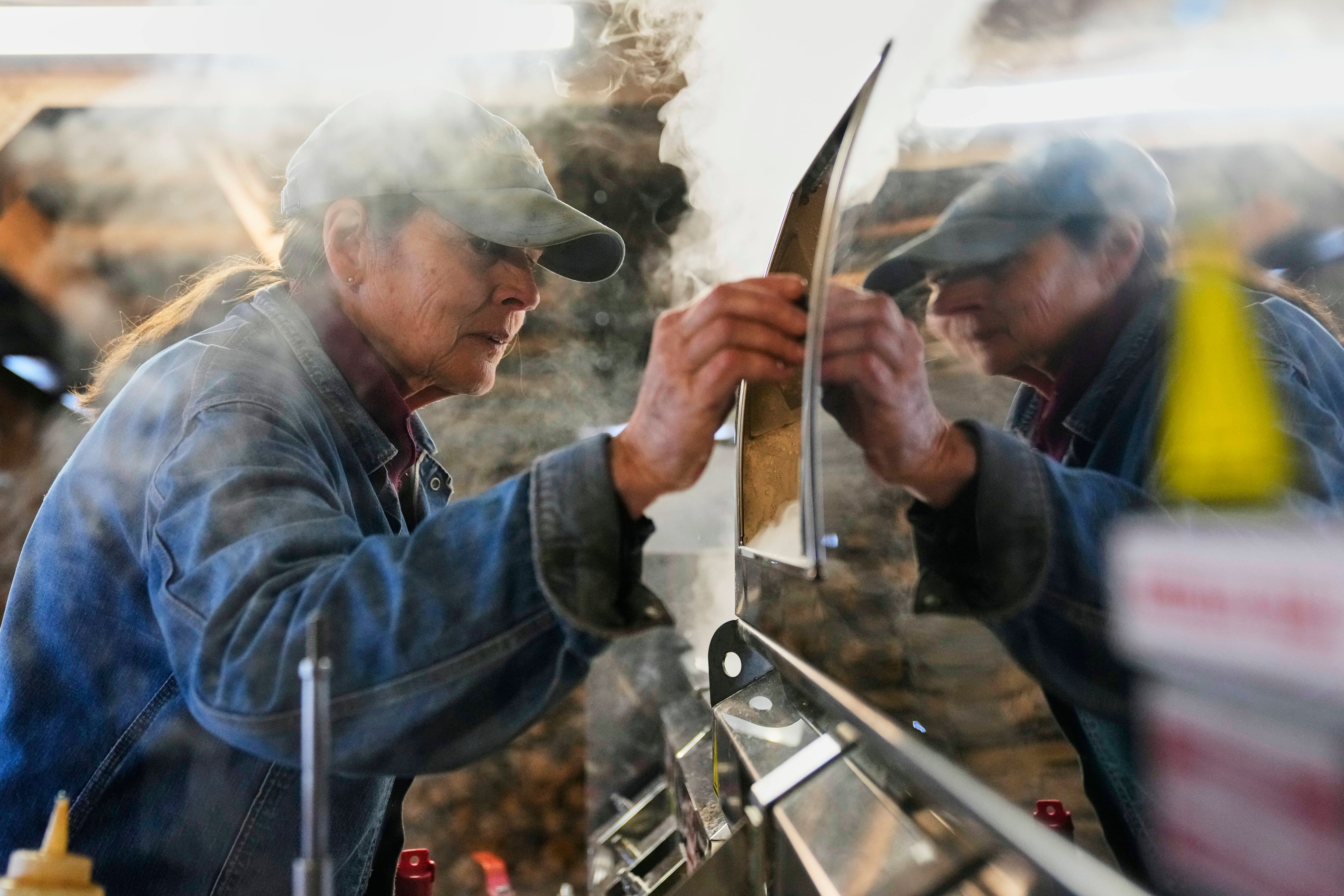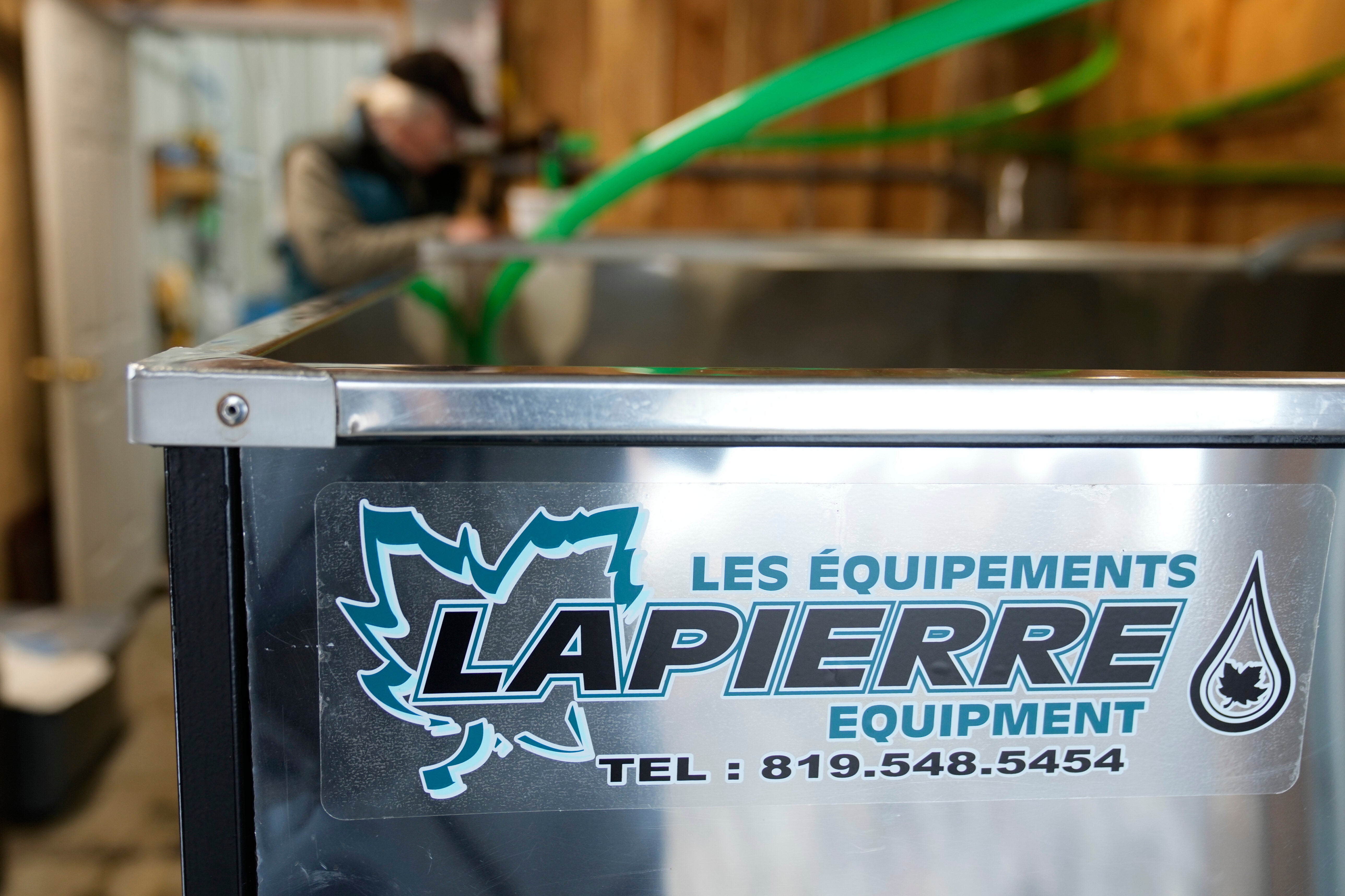ARTICLE AD BOX
New England maple syrup producers are facing fears over international trade and tariffs, adding to the usual uncertainties of a weather-dependent business.
Fluctuating trade policies under President Donald Trump are creating new challenges for an industry reliant on global supply chains.
"Any kind of disruption with our cross border enterprise, we feel it," said Jim Judd, a fourth-generation sugarer at Judd’s Wayeeses Farms in Morgan, Vermont. "It’s uncertain enough making maple syrup."
Judd, a veteran syrup producer since the 1970s, explained the complex international network behind each container of Vermont's signature product.
From the stainless steel fixtures, often sourced from China, used in sap collection and boiling, to the packaging frequently imported from Italy, the process is far from self-contained. Adding to the complexity, much of the equipment itself comes from Canada, the world's maple syrup powerhouse.

Canada produces approximately 80% of global maple syrup, with nearly two-thirds of its production exported to the United States.
That's why this spring's whiplash is so concerning to Judd and many other U.S. producers in Vermont as well as New York, Maine and Wisconsin.
Trump backed off the stiffest tariffs on most nations for 90 days earlier this month while increasing the taxes on Chinese imports to 145% and engaging in a lengthy back and forth with Canada and Mexico about tariffs on their countries' goods.

Allison Hope, executive director of the Vermont Maple Sugar Makers' Association, said they're assuming that Trump's latest position means there is no tariff on finished maple products for now — but the situation gets murkier when considering that necessary packaging, equipment and materials may originate in China.
“It's like the weather in New England. You wait five minutes and it might change,” Hope said. “Now it matters how Canada makes its equipment and gets its materials. ... It's hard for businesses to run on a growth mentality when there's no sense of what the industry is going to look like in a way, in a year.”
The uncertainty is arriving in a time of relative growth for syrup producers in the U.S. as well as Canada. Vermont has seen an increase in production of nearly 500% over the last 20 years as producers scaled up, new businesses formed and U.S. consumers sought local and natural alternatives to refined sugars, Hope said.

But disrupting trade with Canada, the maple syrup powerhouse, could be devastating. Judd, for one, said he has spent “countless amounts of hours and lots and lots of money” buying equipment in Canada over the decades. Import taxes could sharply increase his costs, and since syrup is, at essence, a luxury good, he thinks he can't raise prices.
“We can't do this without Canadian help. We can't buy what we need at another outlet because it's all in Canada,” Judd said. “We've been crossing this border all my life. The recent changes we see being imposed on the people here — we're not sure that they're all necessary."









 English (US) ·
English (US) ·